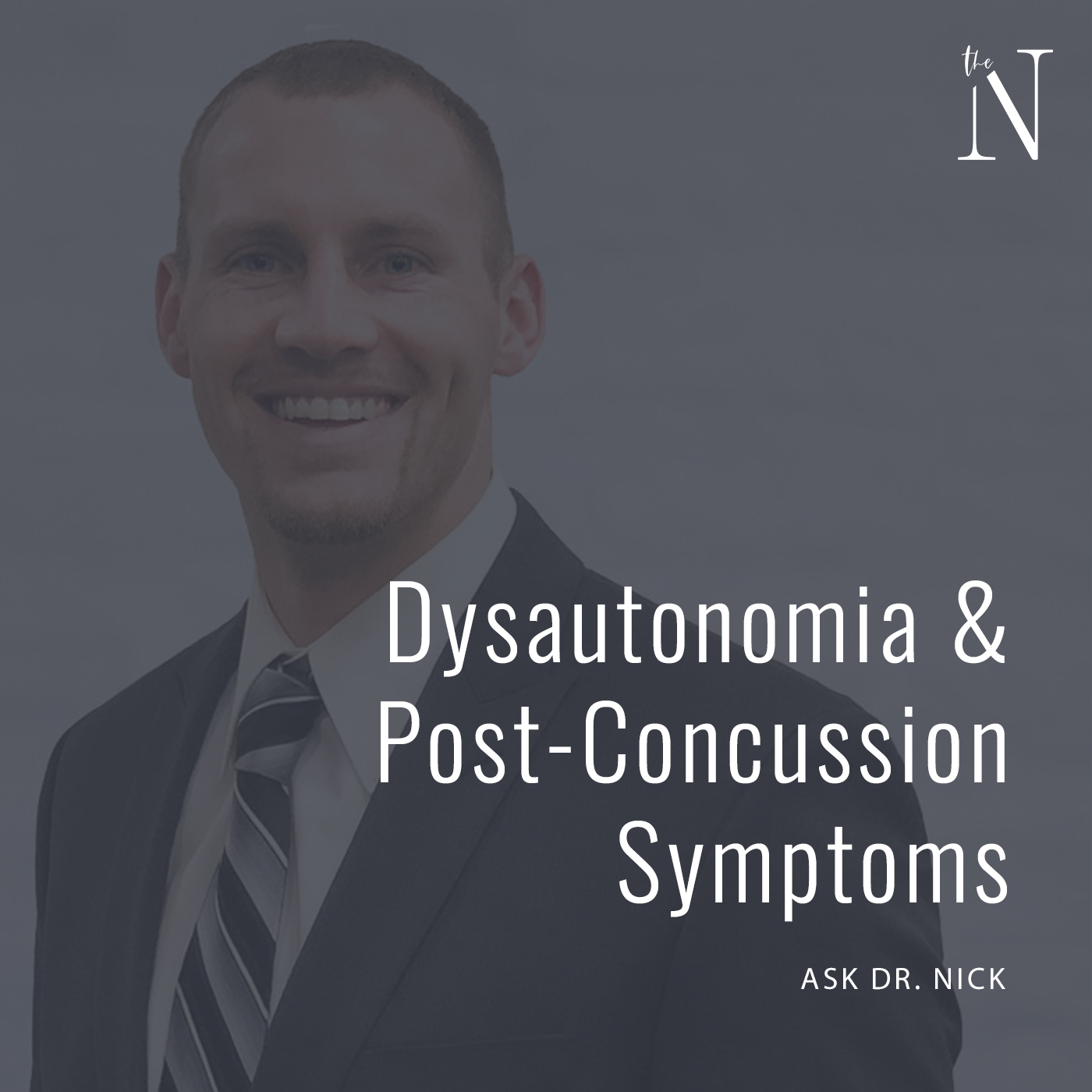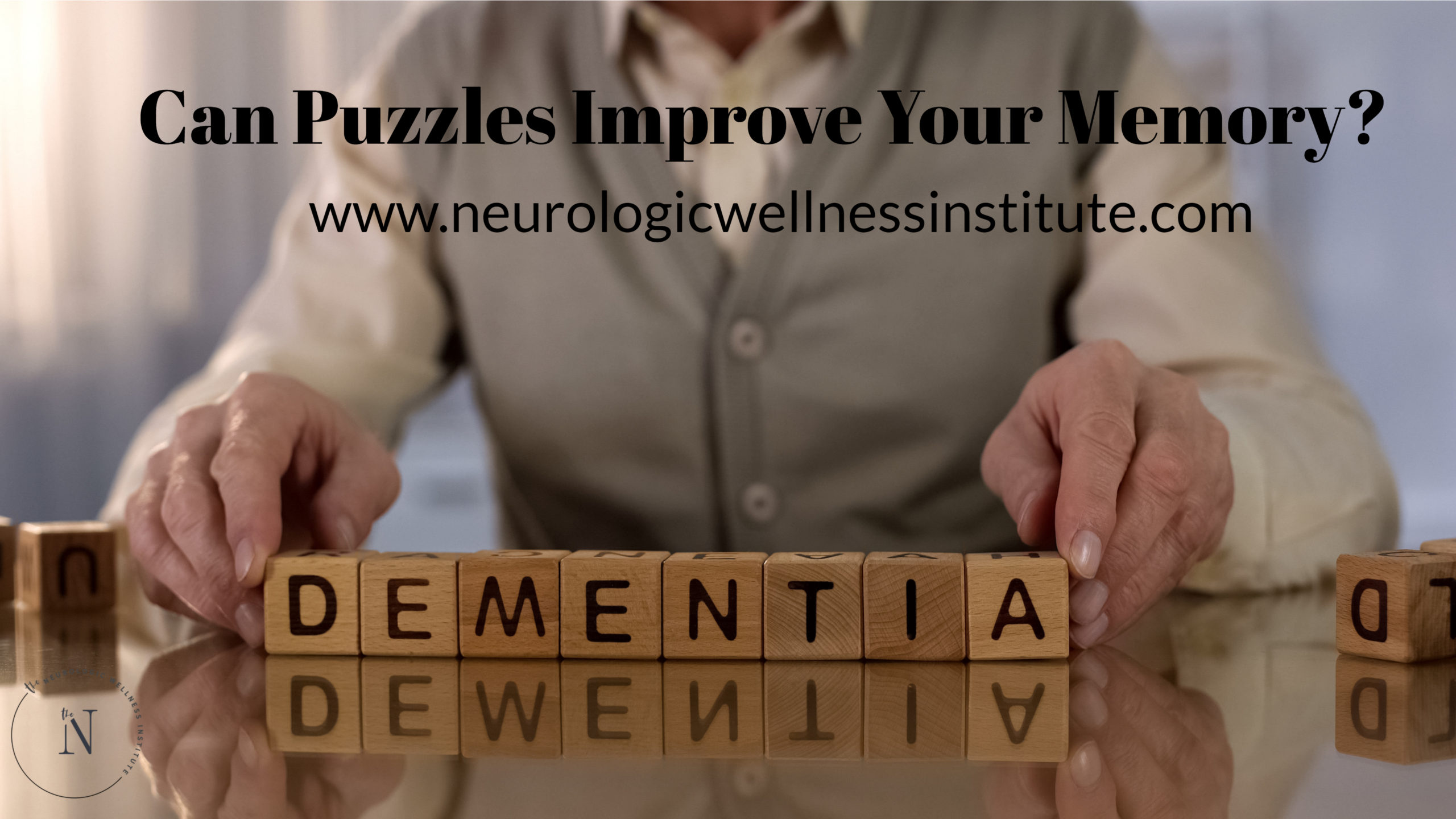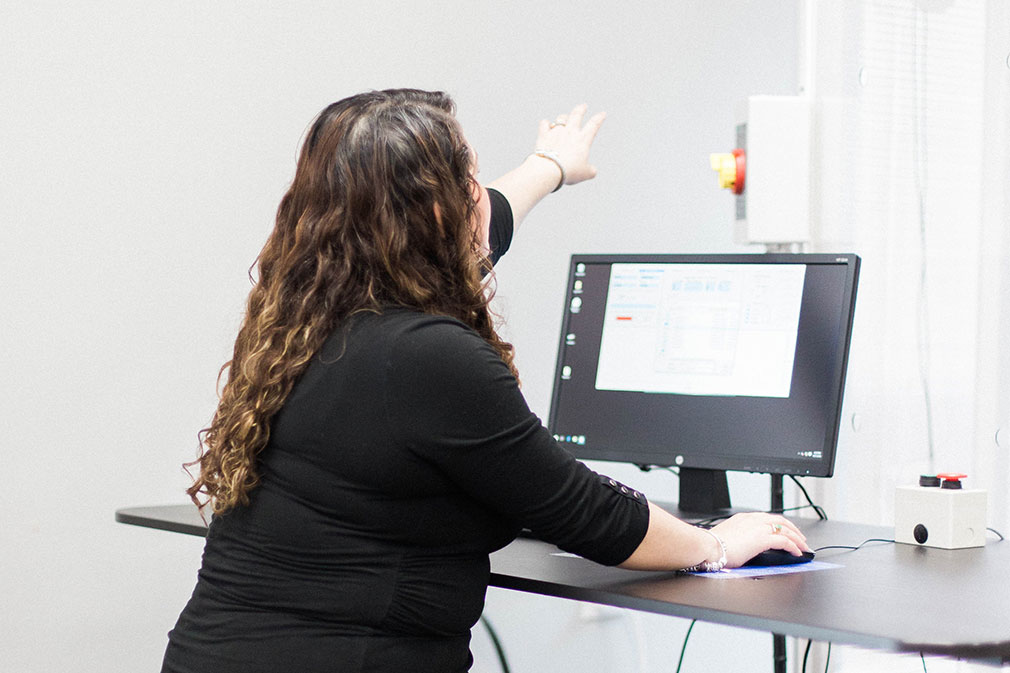 Have you ever heard someone comment that they cannot walk and chew gum at the same time? Well, there may be some cognitive predictions that may stem from that statement.
Have you ever heard someone comment that they cannot walk and chew gum at the same time? Well, there may be some cognitive predictions that may stem from that statement.
The ability to walk while performing cognitive tasks (such as mathematics or reciting every other letter of the alphabet) may be predictive in someone’s likelihood of developing dementia later on in life.
Walking and Neurological Disorders
The ability to walk appropriately is impacted by a number of neurodegenerative disorders. Walking involves numerous areas of the nervous system as well as numerous muscles and joints in the body. The ability to walk while performing a challenging brain activity is being assessed more commonly by doctors and may be predictive in someone’s likelihood of developing dementia later on in life.
Mild Cognitive Impairment (MCI)
Mild cognitive impairment (MCI) is considered a predementia state associated with a 10-fold increased risk of progression to dementia. However, almost one-third of individuals with MCI remain clinically stable after the initial diagnosis or even revert to normal cognitive functioning. Although the main impairment in MCI is memory function, dysfunction in movement and walking is also common.
Cognition and Movement
Walking while performing a challenging brain task (commonly referred to as dual-task gait) challenges the cognitive component of walking and provides insight into the different areas of the brain and their functional health. Structural and functional brain imaging has shown that cognition and movement share the same brain networks. Dual-task gait performance where someone is walking and performing a cognitive task has the potential to overload a brain circuit resulting in impairments of the walking and/or cognitive task.
In MCI, there is a direct relationship to how much slower someone walks while performing a mental task with deficits in the following:
-
- Executive function
- Attention
- Memory
This makes examining dual-task gait especially important for all aging patients. Patients with MCI who walk slower while performing at a cognitive task had almost a 4 times increased likelihood of developing dementia.
How Do We Assess Cognition?
Because of the close connection in the brain between movement and cognition, all of our patients undergo numerous cognitive and movement tests. Based on these results we perform specific therapies aimed at improving brain function which includes both cognitive exercises and movement therapies. We commonly see correlations where when one system improves, the other system improves as well.
For more information on how our clinicians at Neurologic Wellness Institute manage patients with problems in cognition and/or walking/balance please contact us.
Montero-Odasso et al. Association of dual-task gait with incident dementia in mild cognitive impairment. JAMA Neurol. 2017;74(7):857-865.




